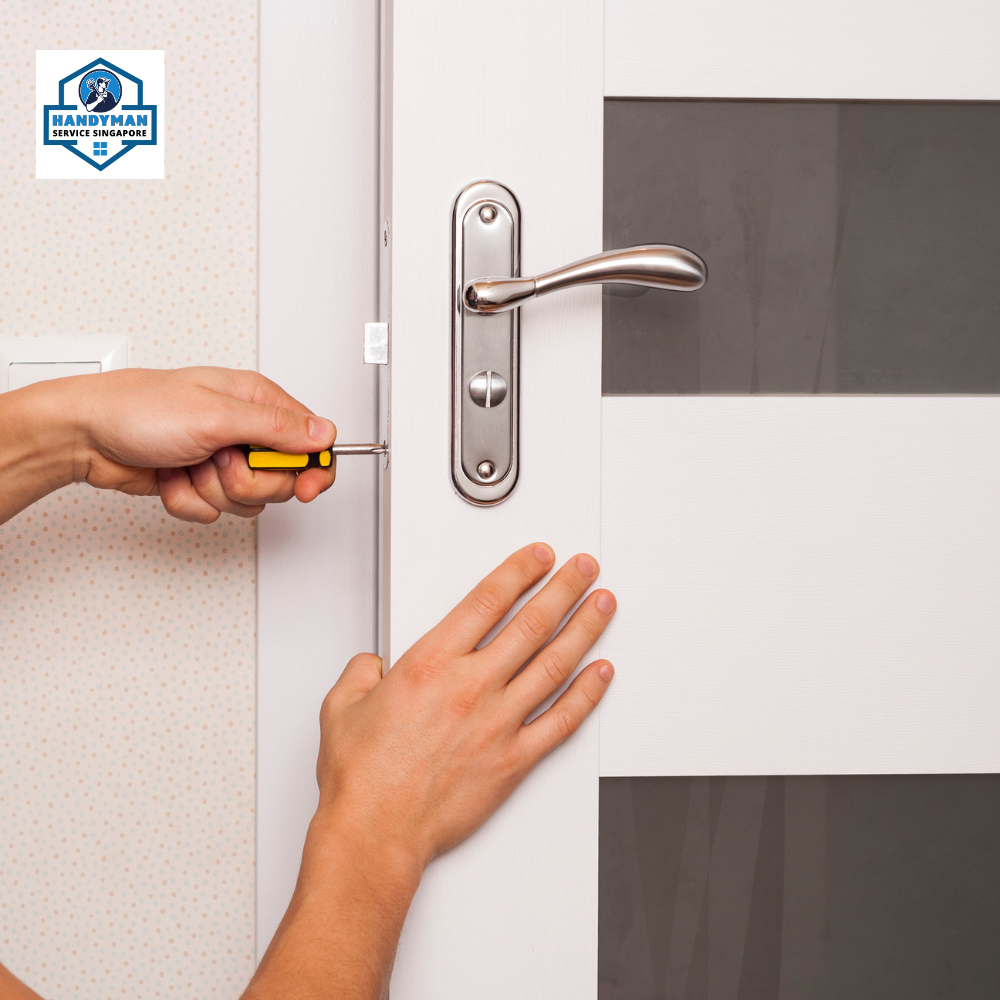
When to Repair vs. Replace Your Doors: A Guide for Homeowners
Publish date - 29/01/2024
Doors are an essential part of our homes, providing security, privacy, and convenience. However, over time, they can become worn, damaged, or outdated, and homeowners may need to decide whether to repair or replace them. While repairs may be the more affordable option, there are times when replacement is the better choice. In this blog post, we will guide you through the factors to consider when deciding whether to repair or replace your doors.
Age of the Door
The age of your door is one of the most critical factors to consider when deciding whether to repair or replace it. Most doors have a lifespan of about 15-20 years, depending on the material and quality of construction. If your door is approaching or exceeding its expected lifespan and is showing signs of wear and tear, such as cracks, warping, or fading, it may be time to replace it.
Extent of Damage
The extent of the damage to your door is another important factor to consider. If the damage is minor, such as a loose hinge or a squeaky handle, it can usually be repaired quickly and inexpensively. However, if the damage is extensive, such as a cracked or broken door frame, it may be more cost-effective to replace the door rather than repair it.
Energy Efficiency
Energy efficiency is a crucial consideration for homeowners, especially those concerned about their carbon footprint and energy bills. If your door is drafty, poorly insulated, or single-pane glass, it may be more cost-effective to replace it with a newer, more energy-efficient model. Newer doors are available with advanced features, such as insulated cores, double or triple-pane glass, and weatherstripping, which can help reduce your energy bills and improve your home's comfort level.
Style and Aesthetics
Style and aesthetics are also essential factors to consider when deciding whether to repair or replace your door. If your door is outdated, damaged, or doesn't match the style of your home, replacing it can improve the curb appeal and value of your home. Newer doors come in a wide range of styles, materials, and colors, allowing homeowners to choose a door that complements their home's architecture and interior design.
Cost
Finally, cost is an essential factor to consider when deciding whether to repair or replace your door. While repairs may be the more affordable option, they may not always be the most cost-effective in the long run. If you have an older, less energy-efficient door, replacing it with a new, energy-efficient model can help you save money on energy bills and improve the value of your home. However, if your door is relatively new and only requires minor repairs, repairing it may be the better choice.
In conclusion, whether to repair or replace your doors depends on several factors, including the age of the door, extent of damage, energy efficiency, style and aesthetics, and cost. If you're unsure about whether to repair or replace your door, consult with a reputable door repair and replacement professional who can provide you with an assessment and estimate. Ultimately, the decision comes down to what makes the most sense for your budget, lifestyle, and home.